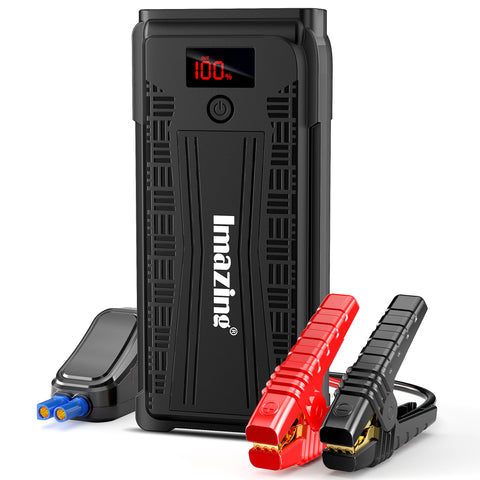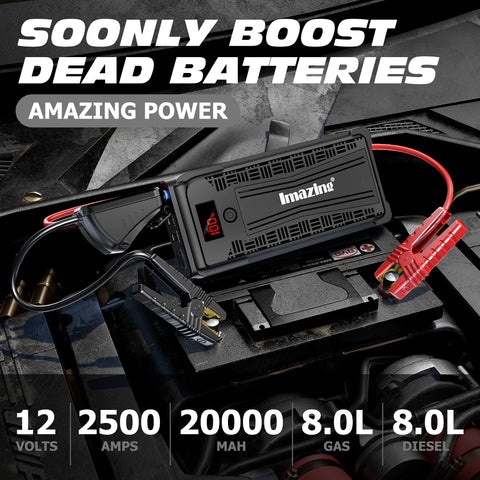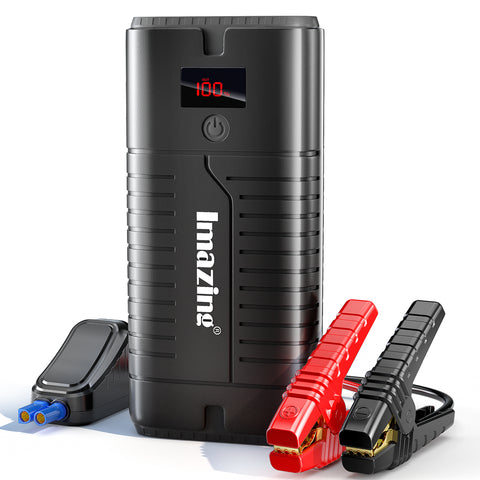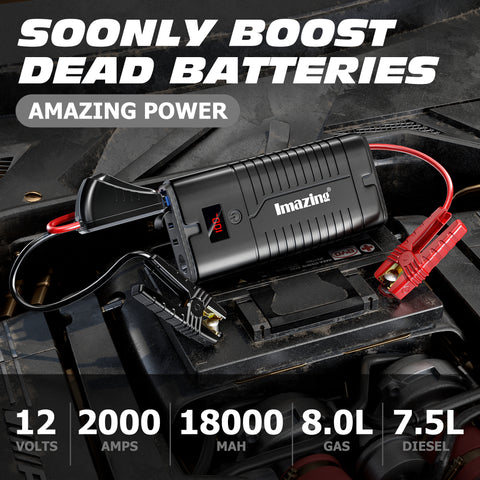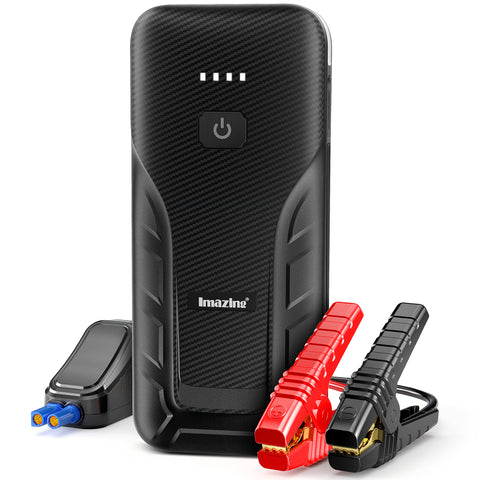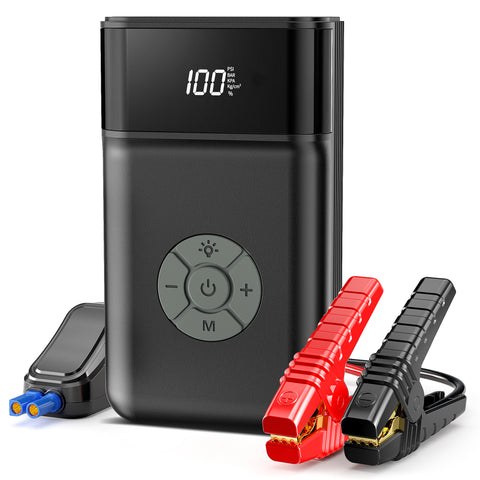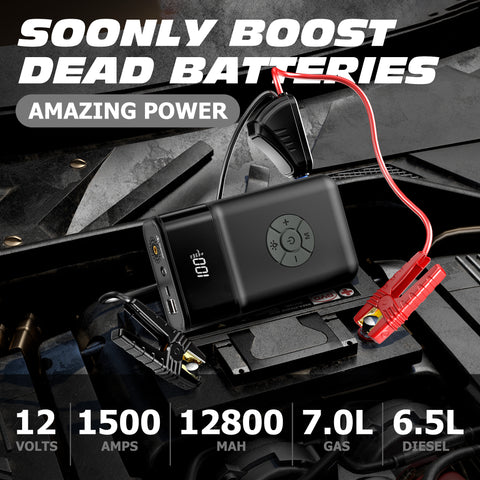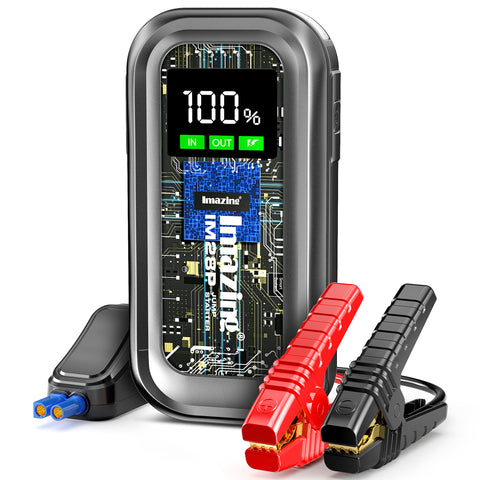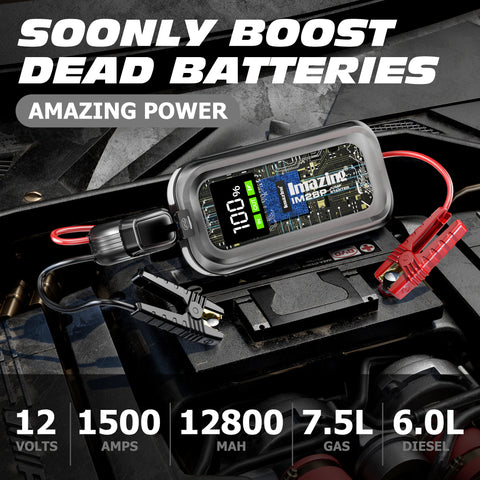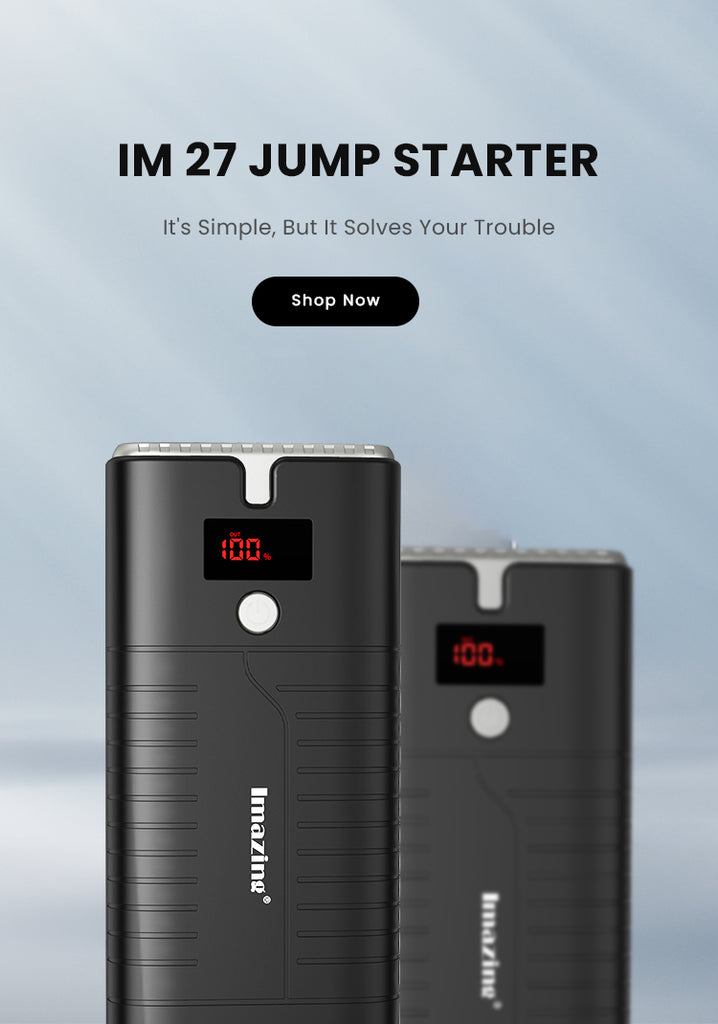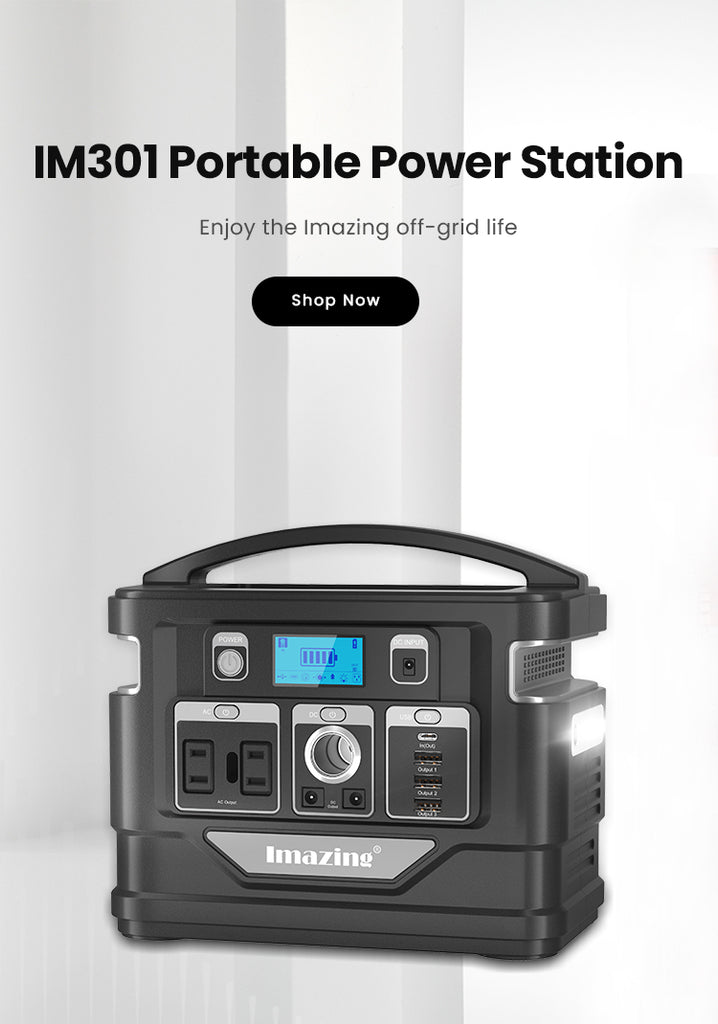7 Signs Your Car Battery is Dying
7 Signs Your Car Battery is Dying
Your battery is quite literally the lifeblood of your vehicle. Not only is a battery integral for starting your engine, it also powers all of the electrical components in your ride. Without a fully-functioning battery, you’ll be heading nowhere with nothing playing on the radio.

There’s a few key warning signs that are good indications your battery’s life is coming to an end. The first factor is your ‘check engine’ light coming on. This usually means your battery is slowing down though it could also have to do with your vehicle’s alternator.
Pay attention to the way your vehicle reacts when it starts as well.
It’s a good idea to keep an eye on the health of your battery so you don’t get stranded in the middle of nowhere with a car that won’t start. Here are seven telltale signs that your car battery is dying:
1. A slow starting engine
Over time, the components inside your battery will wear out and become less effective. When this happens it takes the battery longer to create a charge for the starter and you’ll have to wait a few extra seconds for the engine to turn over. A slow start is usually the last gasp before a battery kicks the bucket.
2. Dim lights and electrical issues
The battery powers all of the electronics in your vehicle, from your lights to your radio to your dashboard computer. If the battery is losing its charge it will have a harder time running these things at full power. The more things you plug into your car while driving — like your phone charger — the faster your battery will die.
3. The check engine light is on
In most vehicles, the check engine light can mean just about anything and it may come on when your battery is running out of juice. Check your manual and get your battery tested by a mechanic to see if it’s working at full capacity. If not, you should get it replaced.
4. A bad smell
Damage to the battery or an internal short can cause the battery to leak gas. If you smell rotten eggs when you open the hood, a leaking battery may be the culprit. Take it in to get checked out ASAP and replace the battery if necessary.
5. Corroded connectors
Notice a white, ashy substance on the metal parts of your battery? You’ve got a corrosion issue. Corroded terminals — the positive and negative metal connections on the top of the battery — can lead to voltage issues and trouble starting your vehicle.
6. A misshapen battery case
The wild climate of the prairies can do a number on the lifespan of your battery. Exposure to extreme heat and cold can actually cause a battery case to swell and crack. If your battery is anything but rectangular, chances are it isn’t working properly.
7. An old battery
When was the last time your battery was replaced? In ideal conditions, car batteries typically last 3-5 years. Climate, electronic demands and driving habits all play a role in the lifespan of your battery. It’s a good idea to air on the side of caution and get your battery performance tested regularly once it gets close to the 3-year mark.

What causes a car battery to die quickly?
Your battery stays charged by reusing the energy created from driving. If your car sits in the driveway for long periods of time you run the risk of killing your battery. Similarly, making a lot of short trips that don’t allow the battery to recharge can strain the system. And last but not least, don’t forget to turn your lights off — we all know how that ends!
Does a new car battery need charging?
The simple answer to this question is no. When you purchase a new battery for your vehicle, it will come fully charged. In the past, batteries used to come dry and the distributors would have to fill them with acid. However, this isn’t the case anymore.
To ensure your new battery is in fact fully charged, make sure it meets the following checklist:
- You purchased it fully-sealed
- It’s a 14 volt battery
- You purchased it from a trusted manufacturer or business.
Sample Block Quote
Praesent vestibulum congue tellus at fringilla. Curabitur vitae semper sem, eu convallis est. Cras felis nunc commodo loremous convallis vitae interdum non nisl. Maecenas ac est sit amet augue pharetra convallis nec danos.
Sample Paragraph Text
Praesent vestibulum congue tellus at fringilla. Curabitur vitae semper sem, eu convallis est. Cras felis nunc commodo eu convallis vitae interdum non nisl. Maecenas ac est sit amet augue pharetra convallis nec danos dui.
Cras suscipit quam et turpis eleifend vitae malesuada magna congue. Damus id ullamcorper neque. Sed vitae mi a mi pretium aliquet ac sed elitos. Pellentesque nulla eros accumsan quis justo at tincidunt lobortis denimes loremous. Suspendisse vestibulum lectus in lectus volutpat, ut dapibus purus pulvinar. Vestibulum sit amet auctor ipsum.
